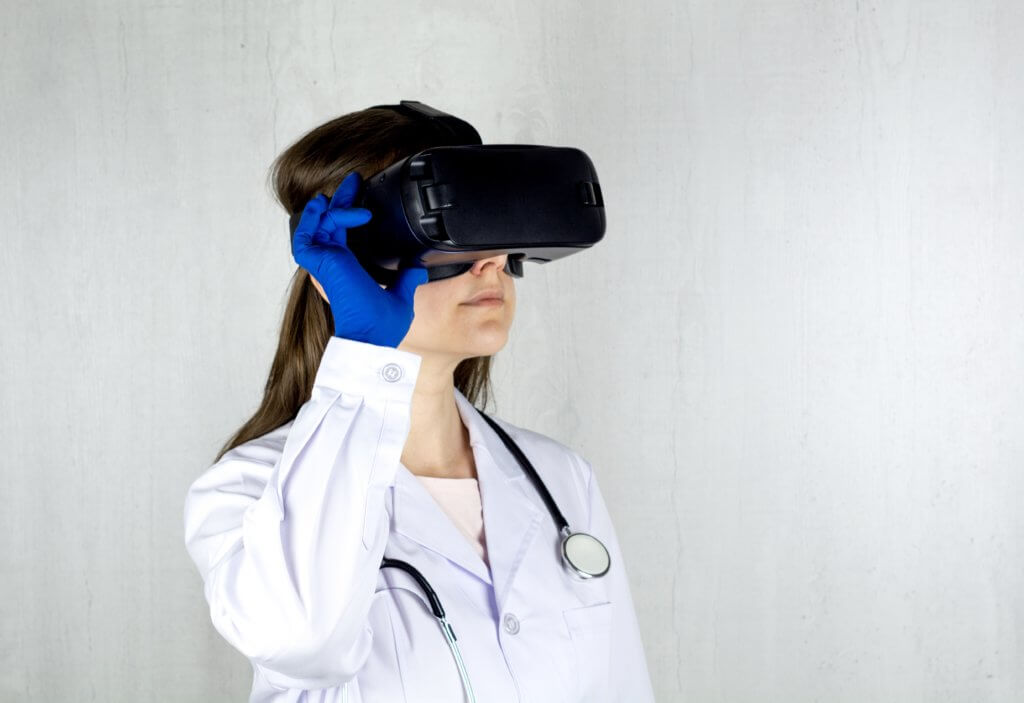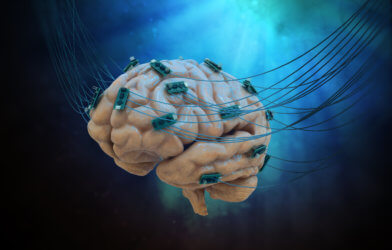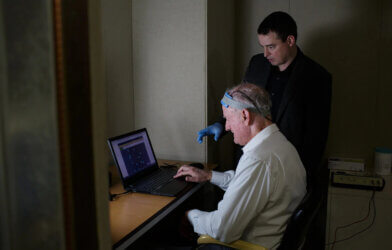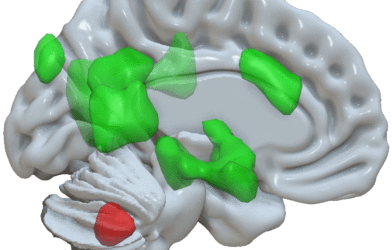A virtual reality task that sends participants to a virtual store may provide a way to assess individuals’ abilities to use thinking and processing skills in their daily tasks, also referred to as functional cognitive. The task was developed by researchers at the Institute of Psychiatry, Psychology & Neuroscience (IoPPN) at King’s College London.
To conduct their trial, researchers recruited 142 healthy 20 to 79-year-olds. Using the new virtual reality test known as “VStore” as a cognitive measure, the team asked participants to “go shopping.” This task required them to list 12 items from memory, gather the items, ring them up at the virtual checkout, pay for their selections, and order coffee. Researchers then evaluated the amount of time it took participants to complete the tasks.
A strength of Vstore, according to researchers, is its ability to provide accurate insights into an individual’s cognitive health in an engaging and cost-effective way. This is a contrast to typical cognition tests used to measure deficits in neuropsychiatric disorders such as Alzheimer’s disease, schizophrenia, and depression, which are often laborious and time-intensive for patients and doctors alike.
The virtual shop accurately reflects complexities present in real-life scenarios, making it so participants could effectively engage brain structures like the hippocampus and entorhinal cortex. These parts of the brain, both commonly affected in early Alzheimer’s disease, are also key in spatial navigation.
Results of the study indicate that Vstore can successfully engage multiple key neuropsychological functions at once. This leads researchers to believe that real-world tasks performed via virtual reality may have greater cognitive measuring capabilities than traditional assessment tools.
“Virtual Reality appears to offer us significant advantages over more traditional pen-and-paper methods. The simple act of going to a shop to collect and pay for a list of items is something that we are all familiar with, but also actively engages multiple parts of the brain,” says Sukhi Shergill, the study’s lead author from King’s IoPPN and Kent and Medway Medical School, in a statement. “Our study suggests that VStore may be suitable for evaluating functional cognition in the future. However, more work needs to be done before we can confirm this.”
Researchers are hopeful that their findings will lead to further studies into potential applications for virtual reality as a tool to measure cognitive function. They also believe that tools like Vstore may be useful in testing for age-related cognitive decline.
“These are promising findings adding to a growing body of evidence showing that virtual reality can be used to measure cognition and related everyday functioning effectively and accurately,” says Lilla Porffy, the study’s first author from King’s IoPPN. “The next steps will be to confirm these results and expand research into conditions characterised by cognitive complaints and functional difficulties such as psychosis and Alzheimer’s Disease.”
This study is published in the Journal of Medical Internet Research.
Article by Anna Landry












